BEYOND NEOLIBERALISM, NATIONALISM AND SOCIALISM
About the Centre for Progressive Capitalism
The Centre for Progressive Capitalisms mission is to develop policies and influence policymakers to instigate a more progressive and democratic capitalism. We are hosted by Policy Network, a leading international thinktank promoting the best progressive thinking on major social and economic challenges. Our work is led by a cross-party advisory board and a steering group of technical and policy experts. We undertake original research and promote debate through publications, expert seminars and public engagement.
www.progressive-capitalism.net
BEYOND NEOLIBERALISM, NATIONALISM AND SOCIALISM
Rethinking the boundary between state and market
Edited by
Thomas Aubrey
London New York
Published by Rowman & Littlefield International Ltd Unit A, Whitacre, 26-34 Stannary Street, London, SE11 4AB www.rowmaninternational.com
Rowman & Littlefield International Ltd. is an affiliate of Rowman & Littlefield 4501 Forbes Boulevard, Suite 200, Lanham, Maryland 20706, USA With additional offices in Boulder, New York, Toronto (Canada), and Plymouth (UK) www.rowman.com
Copyright 2017 Centre for Progressive Capitalism
All rights reserved . No part of this book may be reproduced in any form or by any electronic or mechanical means, including information storage and retrieval systems, without written permission from the publisher, except by a reviewer who may quote passages in a review.
British Library Cataloguing in Publication Data
A catalogue record for this book is available from the British Library
ISBN: PB 978-1-78660-477-4
ISBN: eBook 978-1-78660-478-1
Library of Congress Cataloging-in-Publication Data
Library of Congress Control Number: 2017941125

The paper used in this publication meets the minimum requirements of American National Standard for Information SciencesPermanence of Paper for Printed Library Materials, ANSI/NISO Z39.48-1992.
Printed in the United States of America
CONTENTS
Thomas Aubrey
Andrew Cooper
Vince Cable
Stephen Green
Stephen Kinnock
David Sainsbury
Andrew Gamble
Lawrence Hamilton
Patrick Diamond
Kate Barker
Jenny Tooth
Alastair Reed
Sharon Bowles
John Plender
Dina Medland
Thomas Aubrey
Thomas Aubrey is director of the Centre for Progressive Capitalism and founder of Credit Capital Advisory.
Kate Barker
Kate Barker is an economist who served previously as a member of the Bank of Englands Monetary Policy Committee. She has advised the British government on social issues, such as housing and health care, and is a senior visiting fellow in the Department of Land Economy at the University of Cambridge.
Sharon Bowles
Sharon Bowles is a Liberal Democrat member of the House of Lords and served as a member of the European parliament for south east England from 2005 to 2014. She was chair of the European parliaments Economic and Monetary Affairs Committee. She is a non-executive director of the London Stock Exchange and a member of the Systemic Risk Council.
Vince Cable
Vince Cable served as secretary of state for business, innovation and skills between 2010 and 2015. He was the Liberal Democrat member of parliament for Twickenham for 18 years and served as deputy leader of the Liberal Democrats.
Andrew Cooper
Andrew Cooper is a Conservative member of the House of Lords and the co-founder of the research and strategy consultancy Populus. He was the prime ministers director of strategy between 2011 and 2013.
Patrick Diamond
Patrick Diamond is co-chair of Policy Network and a lecturer in Public Policy at Queen Mary, University of London, Gwilym Gibbon fellow at Nuffield College, Oxford, and a visiting fellow in the Department of Politics at the University of Oxford. Previously, he was head of policy planning in 10 Downing Street and senior policy adviser to the prime minister.
Andrew Gamble
Andrew Gamble is professor of Politics at the University of Sheffield and emeritus professor of Politics at the University of Cambridge. His most recent book is Crisis Without End? The Unravelling of Western Prosperity .
Stephen Green
Stephen Green is a Conservative member of the House of Lords and was minister for trade and investment between 2011 and 2013. He was previously group chief executive and group chairman of HSBC Group.
Lawrence Hamilton
Lawrence Hamilton is the NRF/British Academy Research Chair in Political Theory, Department of Political Studies, University of the Witwatersrand and the Department of Politics and International Studies (POLIS), University of Cambridge. He is editor-in-chief of Theoria: A Journal of Social and Political Theory .
Stephen Kinnock
Stephen Kinnock is Labour member of parliament for Aberavon. Prior to his parliamentary career, Stephen held positions at the British Council and the World Economic Forum.
Dina Medland
Dina Medland is an independent writer, editor and commentator focused on corporate governance, ethics and the workings of the boardroom. She has been a contributor to Forbes Europe and formerly worked at the Financial Times.
John Plender
John Plender is a columnist at the Financial Times specialising in economic and monetary policy. His most recent book is Capitalism: Money, Morals and Markets . He has served as chair of the Pensions and Investment Research Consultants (PIRC) and a FTSE 350 company.
Alastair Reed
Alastair Reed is a consumer policy analyst. Previously he was a senior policy researcher at Policy Network and the Centre for Progressive Capitalism.
David Sainsbury
David Sainsbury was minister for science and innovation between 1998 and 2006 and has been the chancellor of the University of Cambridge since 2011.
Jenny Tooth
Jenny Tooth is the chief executive of the UK Business Angels Association. She has over 20 years experience supporting SMEs to access investment, both in the UK and internationally.
Thomas Aubrey
Since the fall of the Berlin Wall in 1989 there has been a tendency by political commentators to describe events as historic. Such everyday use is largely unhelpful given that most reported events will not turn out to have much significance at all in the way we live our lives. The challenge of course is that it may take decades to fully understand which ones are significant and deserving of the label historic.
To what extent 2016 will change the way western democracies run themselves, in the words of Zhou Enlai, it is too early to say. It may well turn out to be an inflexion point signalling the end of the neoliberal economic system that has dominated Anglo-Saxon political economy since the early 1980s. This broad doctrine, which promoted lower taxes and public expenditure, freer labour and product markets and privatisation in conjunction with support for globalisation, was expected to create a prosperous society for all. In 2016, voters in western democracies decided otherwise. However, one should not assume that this shift by the electorate necessarily signals the end of neoliberalism.
When an ideology is considered to have outlived its usefulness to society, it has generally been replaced with a new set of ideas, which have been steadily galvanising support in the wings. However, the two most coherent set of ideas that are currently on offer to electorates and which are opposed to neoliberalism actually precede its development: democratic socialism and populism based along national lines. During the 1930s when liberalism last came under attack, both of these ideologies offered hope to the disaffected in society. However, neither option turned out particularly well for humanity, as the 20th century demonstrated.

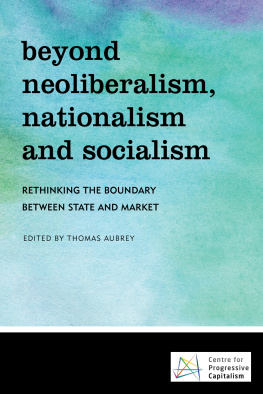

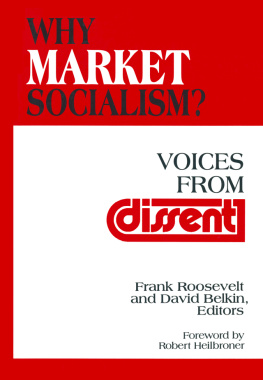
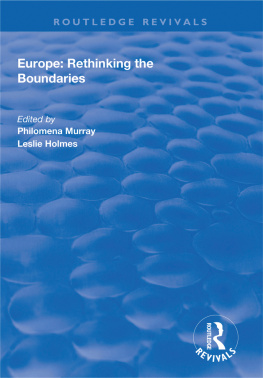
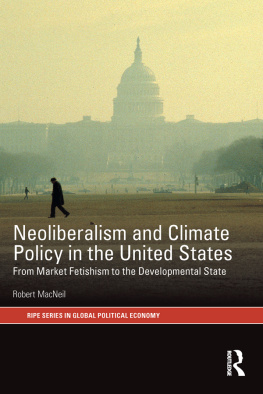
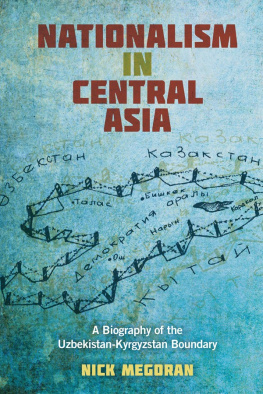
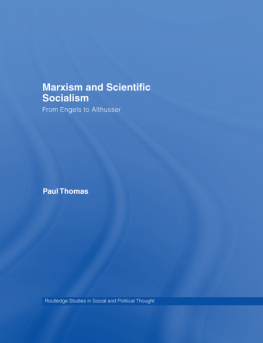

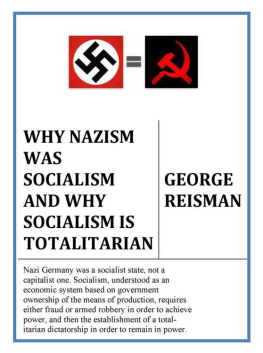

 The paper used in this publication meets the minimum requirements of American National Standard for Information SciencesPermanence of Paper for Printed Library Materials, ANSI/NISO Z39.48-1992.
The paper used in this publication meets the minimum requirements of American National Standard for Information SciencesPermanence of Paper for Printed Library Materials, ANSI/NISO Z39.48-1992.